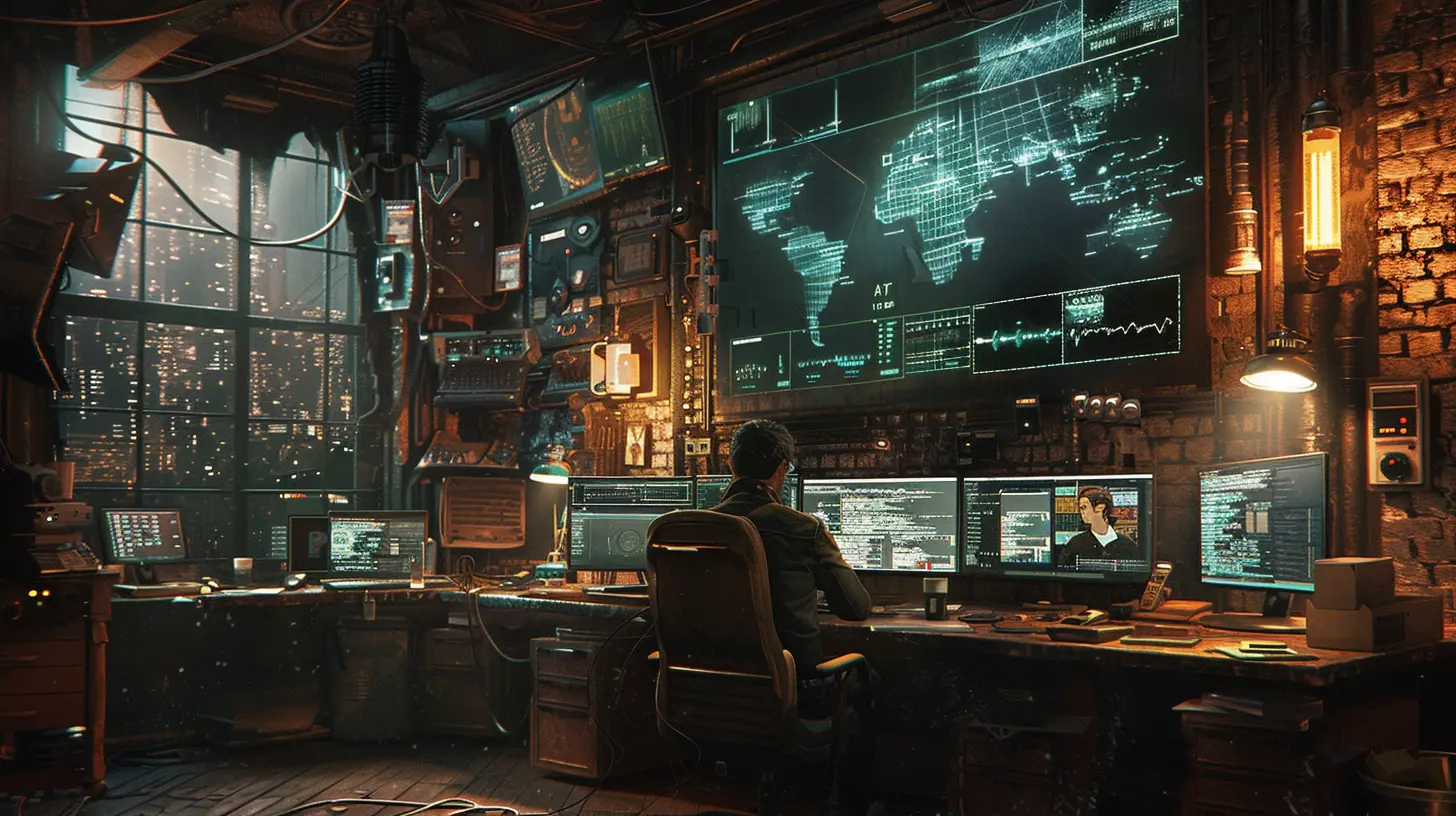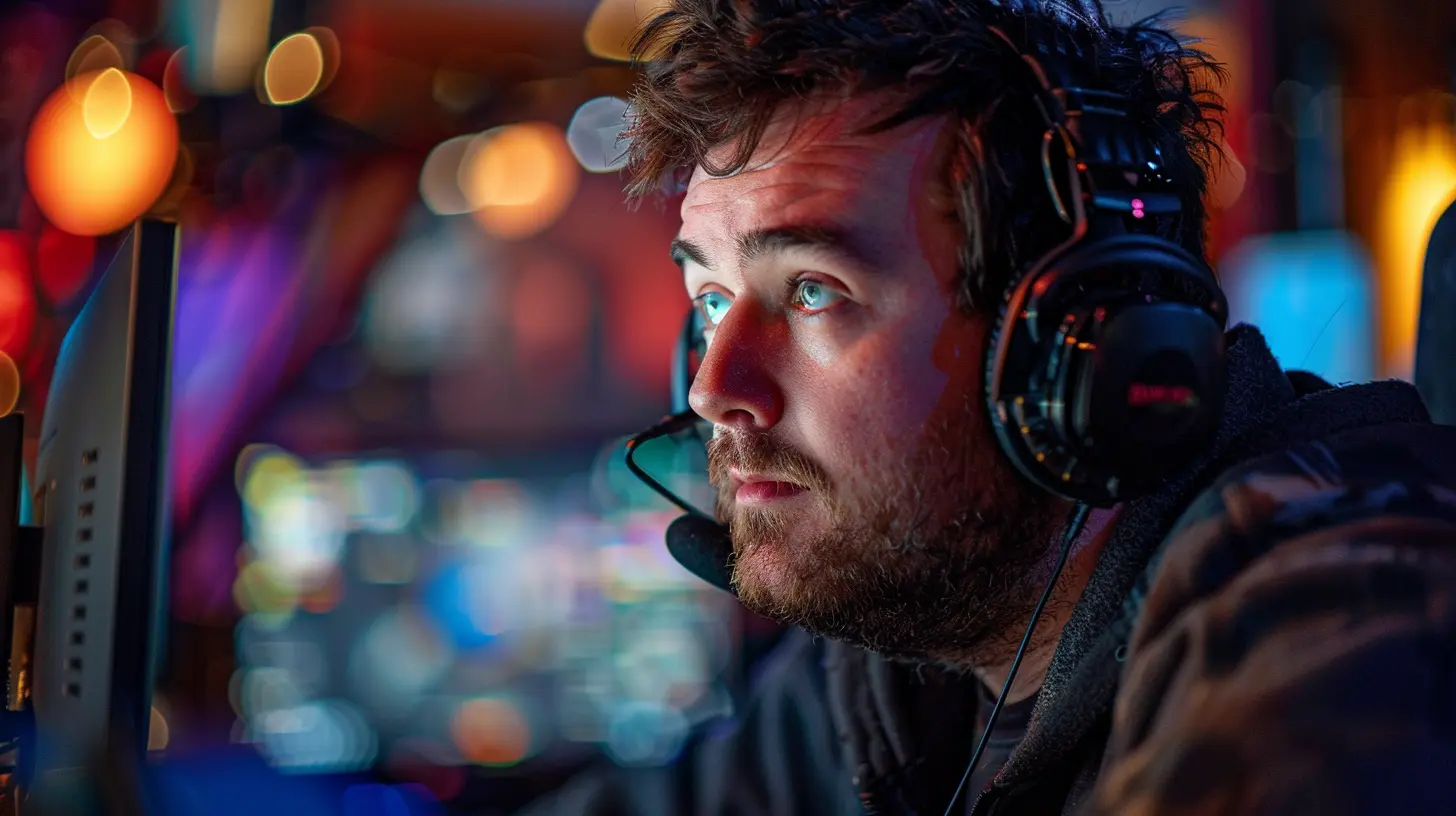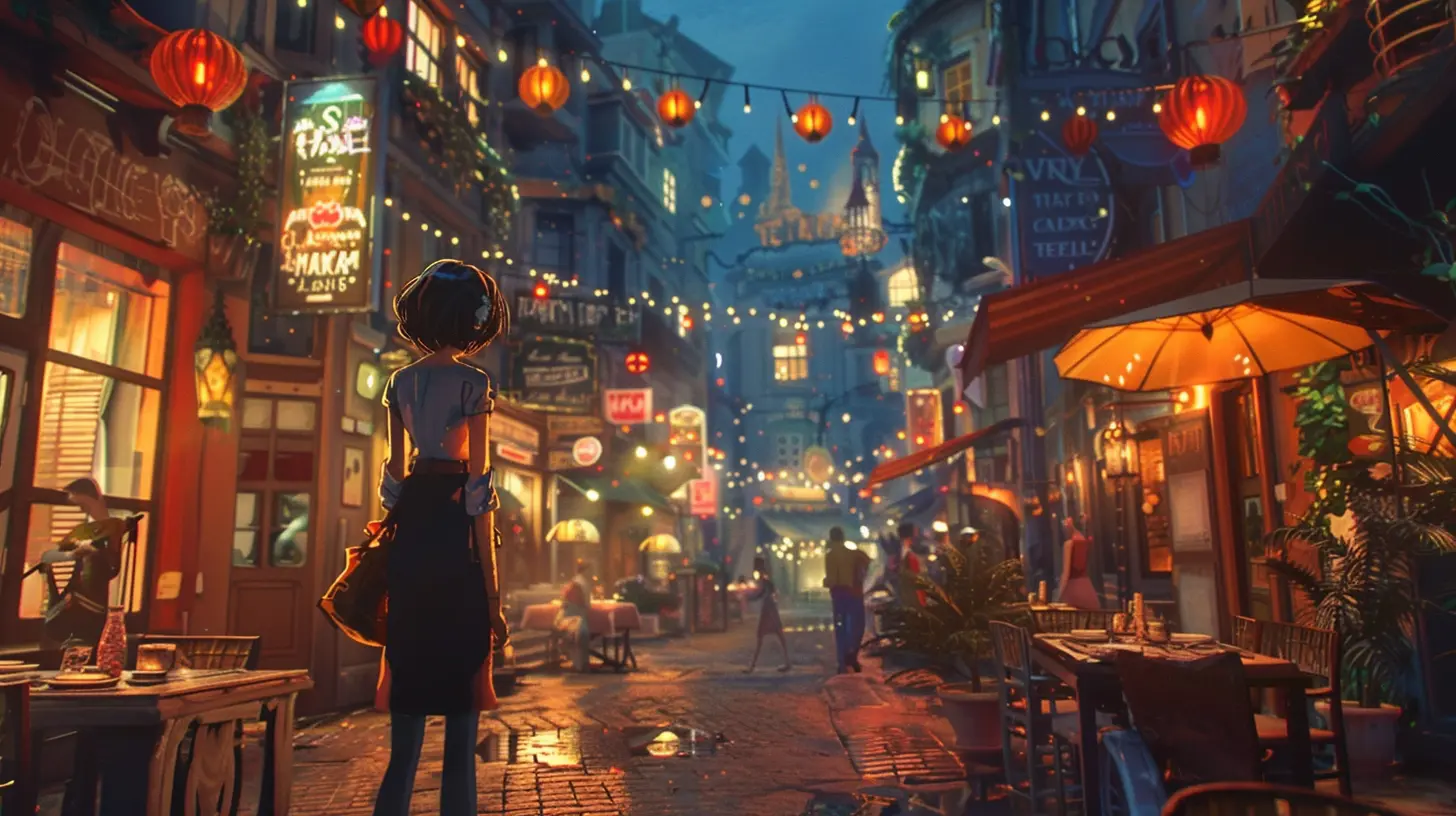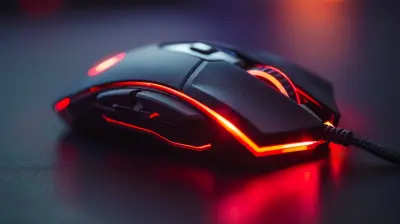Behind the Mic: A Day in the Life of a Game Voice Actor
6 October 2025
Ever paused your favorite game for a moment and thought, "Who’s the person bringing this character to life?" It’s easy to get swept away by a gripping storyline, explosive battles, or open-world exploration, but behind every hero, villain, and NPC is a voice actor who has poured their heart into making those pixels pop. Today, we’re pulling back the curtain to give you an inside look at a day in the life of a game voice actor.
From caffeine-fueled mornings to voicing grunts, growls, and emotional monologues, being a voice actor in gaming is no walk in the park. It’s an art form, a hustle, and yes—sometimes downright hilarious. Grab your headphones and let’s dive in.

Early Morning: Prepping the Golden Pipes
The day for a video game voice actor starts early, often before the rest of the world has had their coffee. Why? Because the vocal cords are like any other muscle—you’ve got to warm them up before putting them to work.Voice actors kick off their day with vocal exercises that might sound a little odd—lip trills, humming, tongue twisters, you name it. Think of it as yoga for the voice. They’ll sip herbal tea, avoid dairy like it’s the plague (milk and microphones don’t mix), and maybe hum along to their favorite tunes. Hydration is key, so you’ll often find voice actors guzzling water like they’re prepping for a marathon.
Ever heard someone do scales with "Me-me-me-mah-mah-mah"? Yeah, that’s a thing. These prep routines might seem quirky, but they’re essential for keeping their most valuable tool—their voice—in tip-top shape.

Morning Hours: The Studio Sessions Begin
Once the vocal cords are primed and ready, it’s off to the studio. Whether it’s a professional recording booth or a soundproofed closet at home (yes, seriously), this is where the magic happens. Studios are often quiet places, eerily so. It’s like walking into a library but with an intense amount of tech gear.A session typically starts with the voice actor getting acquainted with the script. For games, this script might not be a classic "beginning-middle-end" affair. Instead, it’s usually a collection of lines, barks (short exclamations like "Look out!" or "Get down!"), grunts, and more. So, instead of reading through a cohesive story, they’re flipping between emotions like a caffeinated chameleon.
The director plays a critical role here. They guide the actor, explaining the tone, context, or backstory for each line. Is the character sprinting for their life while saying this? Did they just discover a major betrayal? Are they on the brink of tears? These nuances make or break a performance.
Fun Fact: Actors Often Work Blind
Here’s a curveball—voice actors working in games don’t always get to see the final visuals. They might not know what the character even looks like! Most of the time, they’re relying on the director’s guidance and their imagination to deliver a believable performance. Imagine being asked to sound terrified...but you have no idea what you’re supposed to be reacting to. Is it a dragon? A spaceship crash? A particularly terrifying tax audit? Who knows!
Afternoon: Vocal Combat and Emotional Rollercoasters
One moment, you’re voicing a heartfelt farewell scene where your character sacrifices themselves for the greater good. The next, you’re growling out battle cries like "ARGH! HIYAH!" while pretending to swing a sword. (Pro tip: Never underestimate the physicality of voice acting. Many actors flail their arms or stomp their feet while recording—it helps sell the action.)Combat scenes are arguably the toughest part of the job. Think about it—every grunt, groan, and gasp you hear in a game needs to sound different, authentic, and packed with meaning. It’s not enough to simply scream; you have to scream like you’re a warrior who’s just been hit by a flaming arrow versus a soldier who narrowly dodged a grenade. Subtle, right?
These sessions can be exhausting—both mentally and physically. Screaming and shouting repeatedly can strain even the strongest vocal cords, which is why actors have to pace themselves. Many studios limit these kinds of sessions to no more than two hours at a stretch.
The Emotional Jigsaw Puzzle
Imagine this: You’re in the middle of a line about how your character lost their family when the director suddenly says, "Great! Now let’s do your evil laugh for scene five!" Game voice acting often requires actors to jump between emotions at the drop of a hat. It’s a bit like being on an emotional trampoline—up, down, serious, silly, rinse, repeat. Keeping the energy fresh and authentic is a skill honed over years of practice.
Evening: Post-Session Wrap-Up
Once the final "Cut!" is called, the work isn’t over yet. Many voice actors spend their evenings reviewing their performances, networking, or auditioning for their next gig. The industry is competitive, and staying relevant means constantly hustling.Auditions are an interesting beast. Actors might receive a character description and a few example lines, but beyond that, it’s up to them to create a voice and personality that stands out. Think of it as speed dating, but instead of charming a person, you’re trying to woo a producer.
The Not-So-Glamorous Side
Let’s address the elephant in the room: while being a video game voice actor sounds like a dream job, it’s not all glitz and glamour. For every iconic role, there are countless actors grinding out roles that never see the light of day. Paychecks can be inconsistent, and job security is practically non-existent. It’s a career built on passion, perseverance, and a healthy dose of thick skin.There’s also the vocal strain. Imagine shouting like you’re being chased by zombies for hours on end. That kind of work can take a toll, which is why many actors swear by vocal coaches, humidifiers, and absolute silence on their days off.
Why They Do It: The Love for Gaming and Art
So, with all the challenges, why do they do it? The answer is simple: love. Most voice actors are gamers themselves. They understand what it’s like to connect deeply with a character or a story. They know their voices are the vessels that deliver world-building, emotions, and unforgettable moments to players. And let’s be real—there’s something ridiculously cool about hearing yourself in a game and knowing you contributed to a universe players can lose themselves in.Voice actors are storytellers at heart, shaping narratives one line at a time. Their passion shines through in every whispered secret, battle cry, or even the indignant "Hey, watch where you’re going!" from a random NPC.
Final Thoughts
Behind every epic game sequence is a voice actor who’s spent hours perfecting their craft. From warming up their vocal cords in the morning to battling dragons—or negotiating with quirky NPCs—in the afternoon, their work breathes life into the gaming worlds we adore. Sure, the job isn’t exactly a walk in the park, but for these talented individuals, it’s all worth it when the credits roll and their name gets to shine.Next time you’re glued to a game, take a moment to appreciate the invisible but vital role voice actors play. They’re more than just the voices behind the characters—they’re the heartbeat of the story.
all images in this post were generated using AI tools
Category:
Voice Acting In GamesAuthor:

Tayla Warner
Discussion
rate this article
1 comments
Derek Barker
Voice acting is the heartbeat of gaming, breathing life into characters we adore. Behind the mic, it’s not just talent; it’s relentless dedication, emotional depth, and a bit of madness. Let’s celebrate these artists who transform lines into legends—without them, our favorite games would be lifeless shells.
October 9, 2025 at 4:35 AM

Tayla Warner
Absolutely! Voice actors bring characters to life with their incredible talent and dedication. They truly are the heartbeat of gaming!


